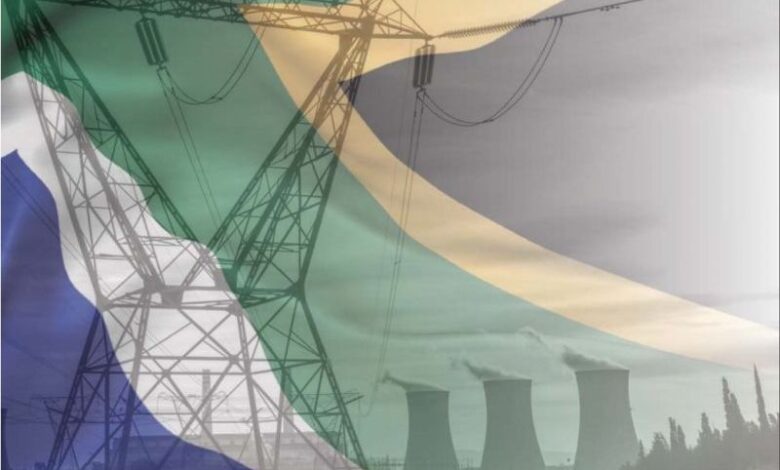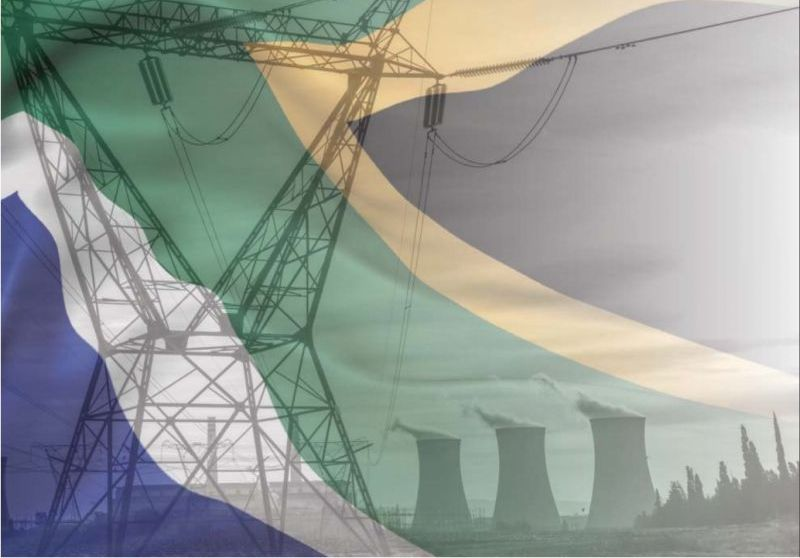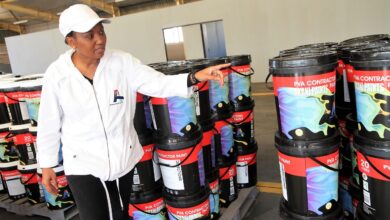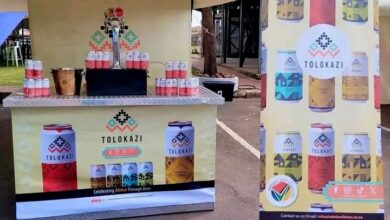How UK-Based Forestry Company TERRAGRN Aims To Contribute To South Africa’s Energy Transition Plan

How UK-Based Forestry Company TERRAGRN Aims To Contribute To South Africa’s Energy Transition Plan. COP27 UN Climate Change Conference has kicked off in Sharm el-Sheikh. After a historic COP26 at Glasgow where significant commitments were made by several countries, the world is watching how these commitments are turning into investment plans and actions that save the planet for future generations.

South Africa has an important role and contribution to make on the world stage following the commitments made at COP26. Ahead of COP27, South Africa has published its Just Energy Transition Investment Plan (JET IP) for the period 2023-2027. This plan is founded on implementing a long-term and well-managed transition to a low carbon economy. This plan claims no trade-off between tackling climate change and supporting economic growth, can attract investment, create new industries and jobs, and strive to achieve energy security and climate resilience. South Africa is inviting international and local investors to partner and turn this vision of a better, sustainable future for South Africa and the world into a reality.
The impacts of the transition will be concentrated in Mpumalanga province, which produces 83% of South Africa’s coal and has 12 out of 15 coal-fired power plants of Eskom. Mpumalanga is reliant on the coal economy, grapples with air and water pollution and degraded land, and highly vulnerable to climate impacts. The province also has levels of unemployment above the national average, with especially high youth unemployment overall and for women in particular. Almost half of the province’s population lives below the lower-bound poverty line and there are low levels of educational attainment and skills.
Mpumalanga also has important advantages that can support the transition, including an existing industrial base and experienced workforce, excellent wind and solar resources, extensive transport and transmission infrastructure, well-established provincial and local planning initiatives, strong civil society and active community engagement, and natural capital (mining lands) that can be regenerated and repurposed.
TERRAGRN is a private sector community-centric business creating a large agroforest with the Manala Mgibe community in Mpumalanga. Through its forest development the company is bringing more young people, especially women, into its workforce, and addressing gender, inequality, and social exclusion. TERRAGRN will produce several million tonnes of dry biomass for use in the energy sector as Green Hydrogen and bamboo pellets. TERRAGRN has a bold vision and wants to contribute to South Africa’s Just Energy Transition plan by working with local and global stakeholders.




